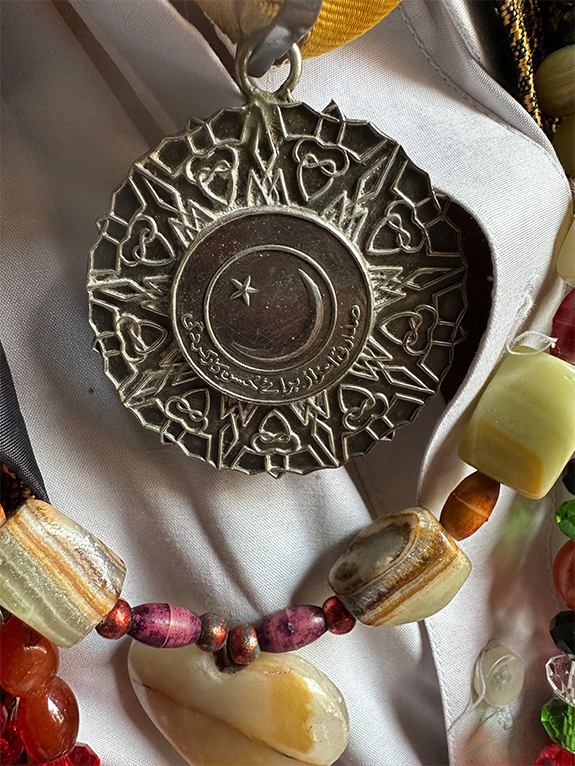KARACHI: Already reeling from sale drop amid higher interest rates and prices, Pakistan’s automakers now face the impact of devastating floods that have inundated a third of the country and destroyed huge infrastructure and crops, analysts and assemblers said.
Nearly 1,400 people have been killed and millions uprooted across Pakistan after the deadly floods washed away large tracts of prime farmland and roads and other infrastructure in the South Asian nation.
In July, the sales of cars recorded a decline of 49.8 percent to 10,377 units of various engine capacity, while the two- and three-wheeler sales were down by 33.8 percent to 96,162 units on an annual basis, according to Pakistan Automotive Manufacturers Association (PAMA).
Initial estimates show car sales further declined to 9,600 units in August, posting a massive drop of 54 percent on an annual basis.
“Now the floods have further compounded the situation as the agriculture sector substantially contributes to auto sales, which will now hit the demand,” Tahir Abbas, research head at the Karachi-based Arif Habib Limited brokerage firm, told Arab News.
“Floods have directly hit the agriculture sector as landowners and farmers purchase vehicles and motorbikes after the harvesting season.”
Pakistani auto manufacturers and analysts say the drop was initially recorded after the demand curbs due to historic high prices, higher interest rates, and restrictions imposed on imports.
“Massive price hikes amid currency depreciation, up to around 22 percent leasing rates and higher taxes, and overall economic slowdown are the major reasons of auto sales decline,” Abbas said.
Some of the auto assemblers, including Pakistan Suzuki Motors and Indus Motor that makes Toyota vehicles in Pakistan, have suspended their production in the country after the central bank’s condition of prior approval for the import of Completely Knocked Down (CKD) units and parts.
“Companies are observing non-production days (NPDs) because the State Bank gives approval for the Letter of Credit (LCs) for imports and as some of the imports are halted, it has reduced the quantities stopping production,” said Abdul Waheed Khan, the PAMA director-general.
However, auto part suppliers are optimistic that the difficult period would end and the production would start from October, provided the flood situation improved.
“We hope that the industry would continue to face the downturn in the month of September due to flood devastation in the crop sowing areas of the country. However, after September the vending sector would be able to operate at 50 percent volume,” Abdur Razzaq Gauhar, chairman of the Pakistan Association of Automotive Parts and Accessories Manufacturers (PAAPAM), told Arab News.
“I am worried if the intensity of floods in next 4-5 days was not eased, we might lose the sowing season of wheat in majority of the areas. In that case, the sales of tractors and other machinery would be depressed.”
Sabir Sheikh, chairman of the Association of Pakistan Motorcycle Assemblers (APMA), said Japanese motorbike sales had declined by 25-30 percent, while Chinese-assembled motorbike sales had gone down by around 60 percent after the recent rains and floods.
“Around 50 percent of motorbike demand comes from rural areas. After rains and widespread floods, the first priority of the flood-affected people would be rehabilitation instead of purchase of new vehicles. So it is expected that the demand would remain depressed,” he said.
Analysts expect car assemblers to maintain 50-60 percent of their production capacity as directed by the government, due to restrictive CKD buying.
“Considering the existing demand, restrictive buying on CKDs may not hamper or create any hurdle for local assemblers. However, global shortage of CKDs for few specific models may affect overall operations of companies,” a research report issued by the Sherman Securities brokerage house said.
“We believe that economic slowdown, rising inflation and hike in car prices have taken its toll on consumers’ purchasing power which is now affecting car demand in Pakistan. Just to recall, car prices of major brands have increased by 8-16 percent in August.”
Pakistani automakers had sold 234,180 cars during the last fiscal year, compared to the sale of 151,182 vehicles the previous year.




















